Tank or Lake?
The transformation from tanks to lakes in South India marks the shift from agricultural landscapes to urbanized settings. While tanks were central to village life, supporting agriculture and seasonal rituals, modern-day lakes are urban recreational spots with defined boundaries, serving as spaces for relaxation, bird-watching, and fishing. Despite these changes, it’s vital to protect these water bodies, as they play a crucial role in flood control, connecting people to nature, and sustaining livelihoods.
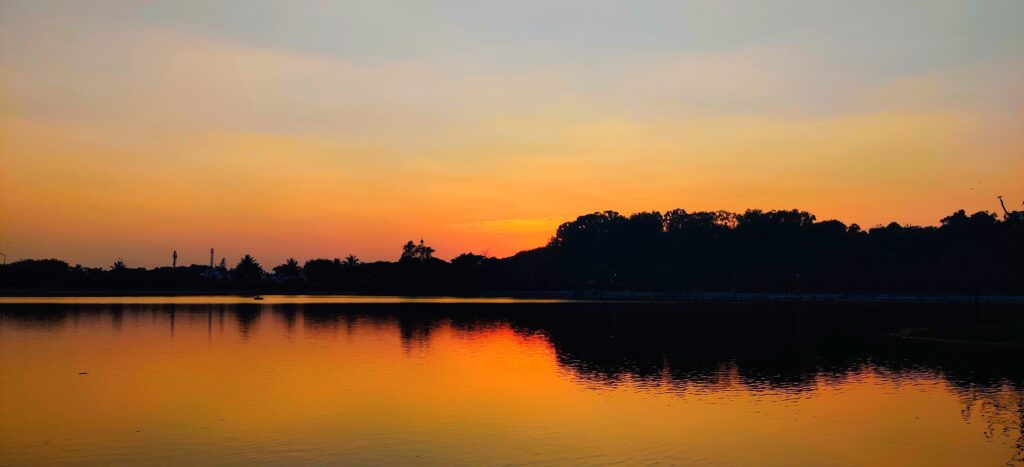
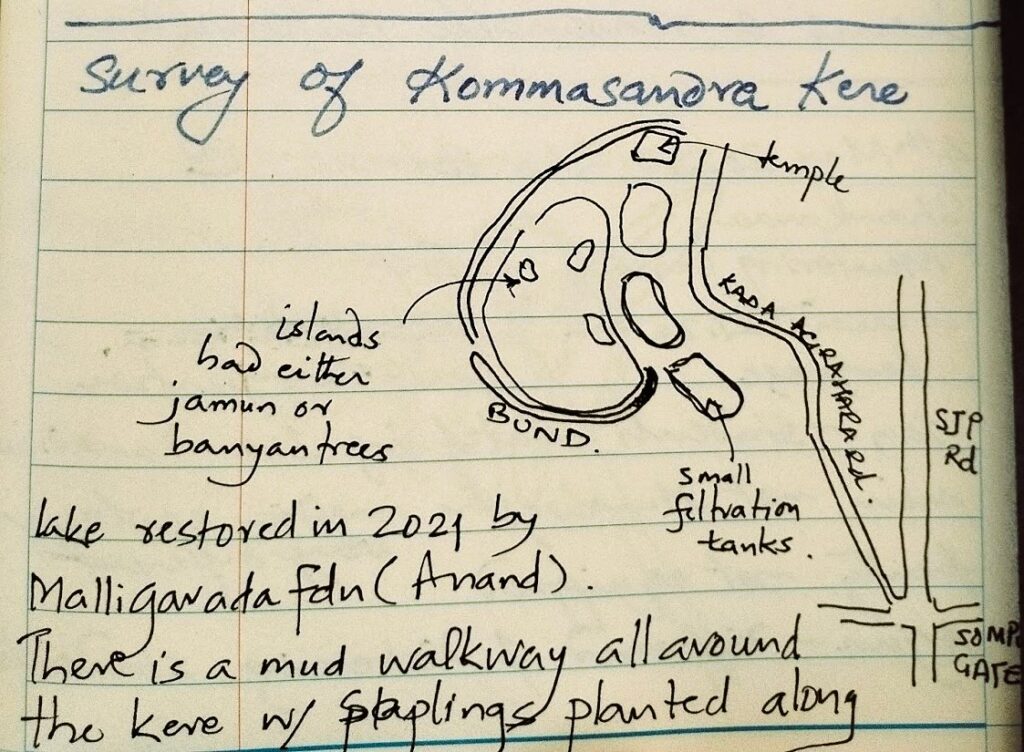
The benefits of a field survey
Field surveys, despite advancements in satellite imaging, provide in-depth, micro-level details unattainable from screen pixels. Engaging senses like sight, sound, and smell while observing a site evokes insights and richer understanding from personal interactions and observations. Historical examples, like Grinnell’s meticulous notes or the Survey of India topographic maps, underscore the unparalleled depth and educational value of hands-on field documentation.
Participatory Lake Mapping and Documentation
The two-day workshop at Azim Premji University focused on lake conservation in Anekal, involving knowledge sharing, hands-on training, and field research. Participants learned about lake systems, surveyed lakes, and collected data, highlighting issues like eutrophication, physical degradation, and encroachments, contributing significantly to the Urban Lake Dashboard for future conservation.
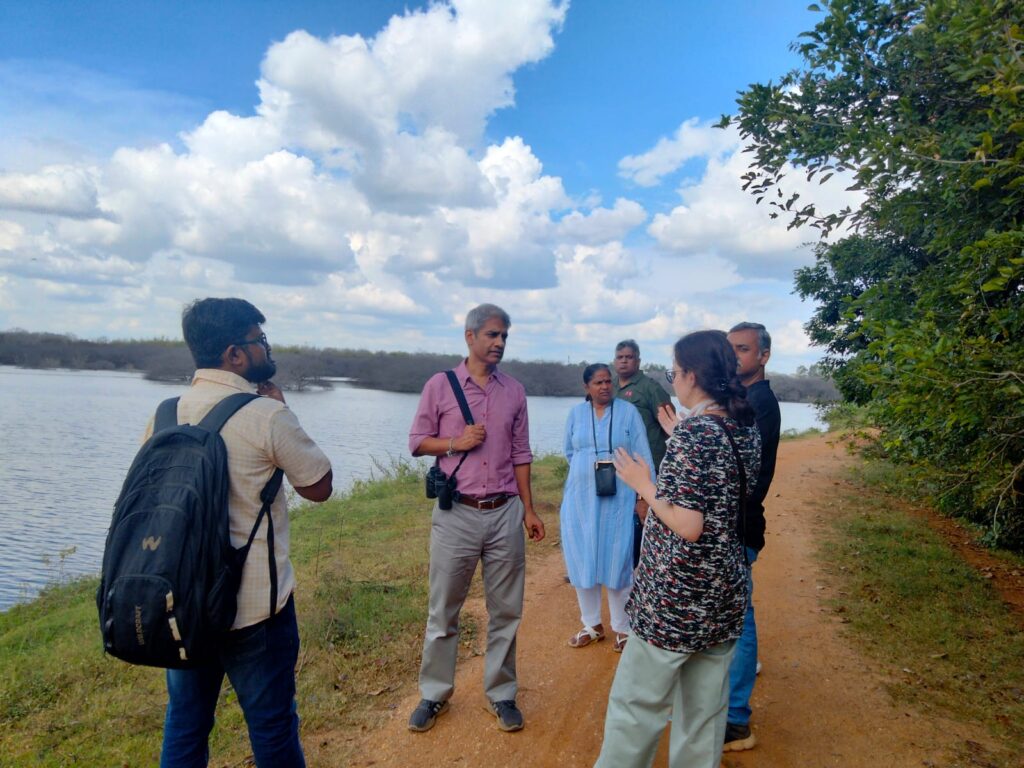
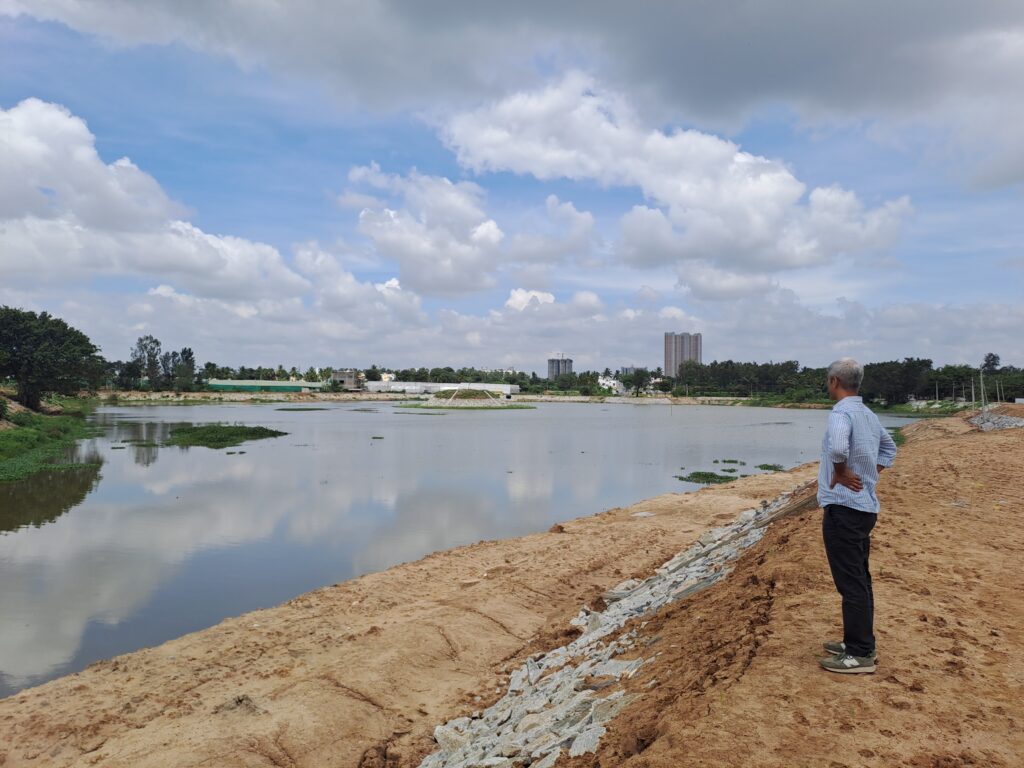
From Murky Depths to Clear Horizons: A Simplified Guide to Lake Revival (Part-1)
Bengaluru’s lakes, once thriving ecosystems, now face severe threats from pollution, encroachment, and urbanisation. This blog dives into the challenges affecting these water bodies, from untreated sewage to bund damage, and highlights why restoration is essential for ecological balance and community well-being. Through a discussion of degradation causes, restoration strategies, and success stories, this guide simplifies the science of lake revival and emphasizes the need for long-term, tailored solutions to sustain these vital ecosystems.
From Murky Depths to Clear Horizons: A Simplified Guide to Lake Revival (Part-2)
This post explores the restoration of three lakes in Bengaluru’s Electronic City—Shikaripalya Kere, Margondanahalli Kere, and Thirupalya Kere—facing challenges like pollution and urban encroachment. It examines tailored strategies, highlights field observations, and proposes innovative solutions like bioremediation and community stewardship for sustainable maintenance. A call to action, it emphasizes the need for collective, long-term efforts to preserve these vital ecosystems.
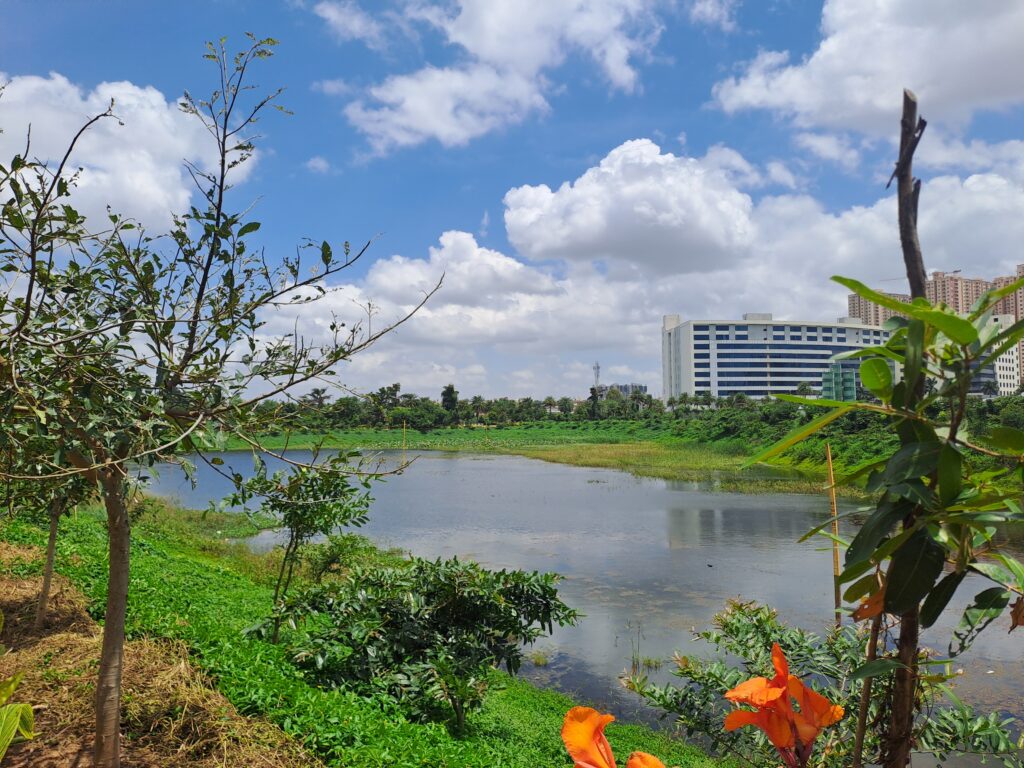
Urban Oasis: Discovering Hidden Lakes
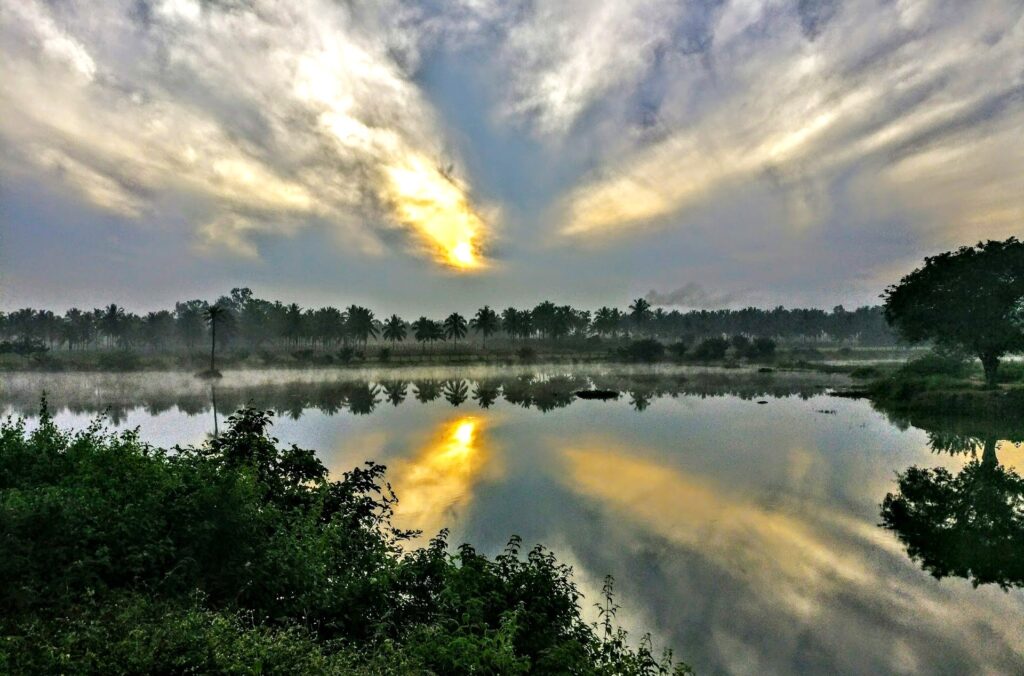
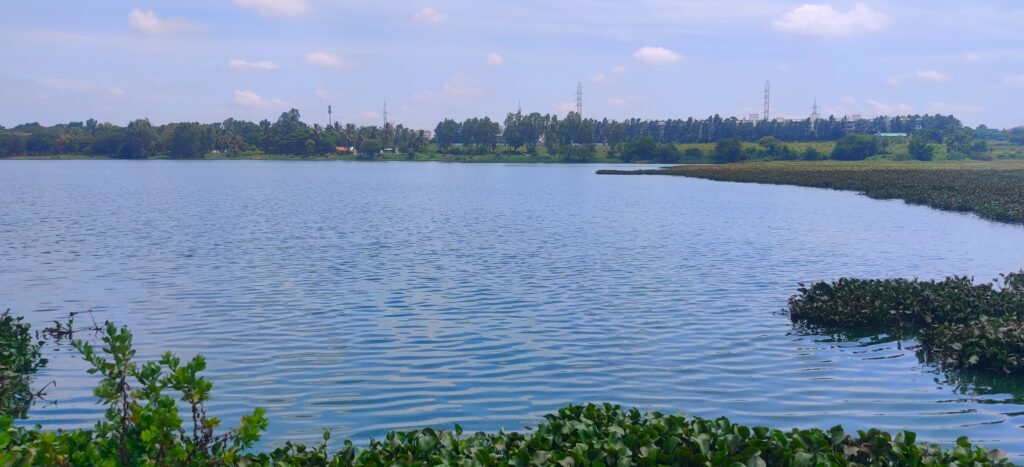
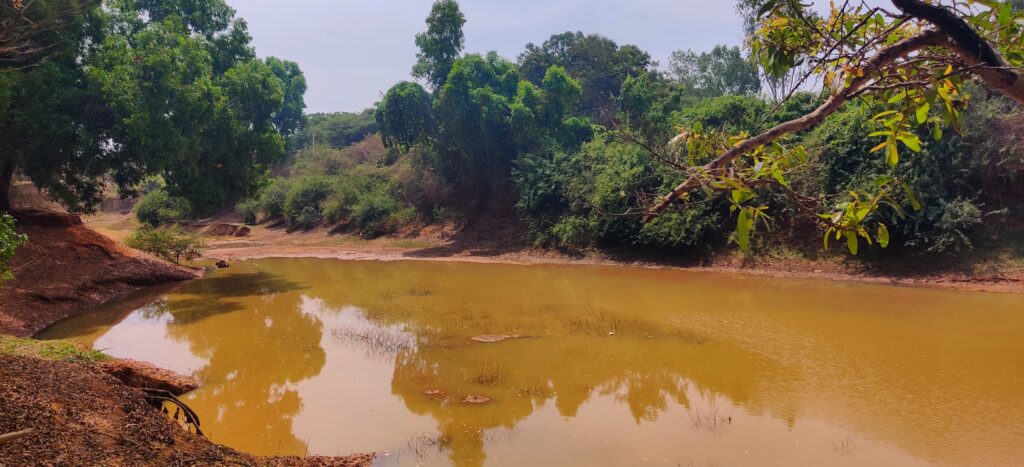
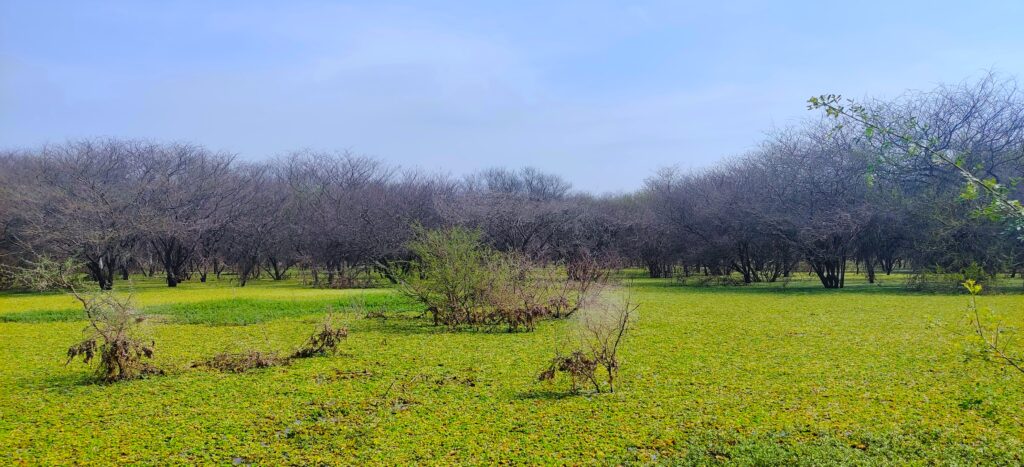
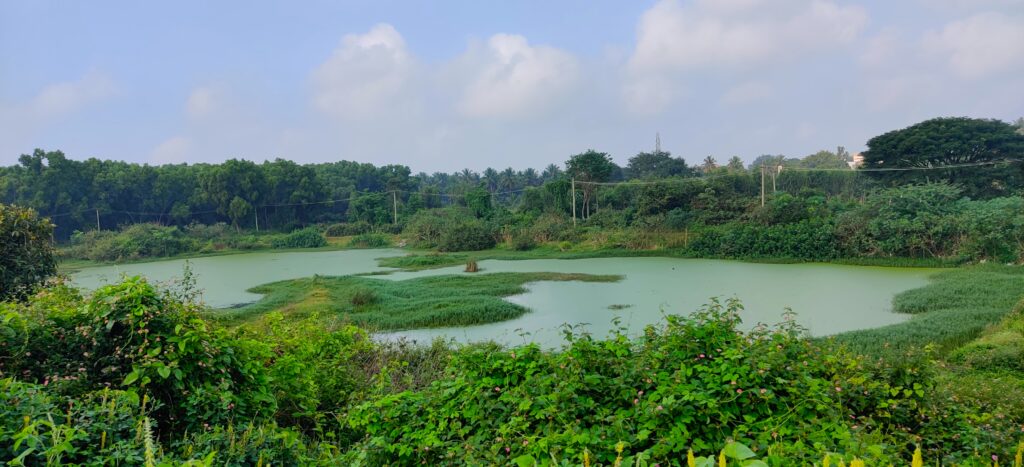
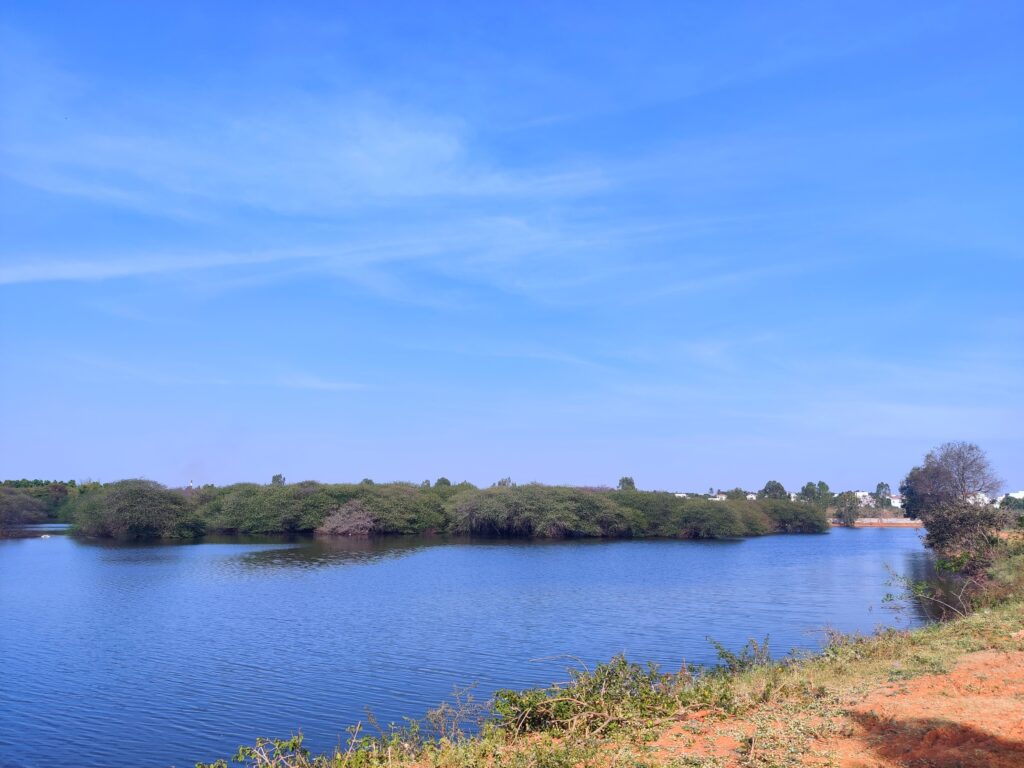
Better lake than never !
Let us join hands in preserving our natural heritage and ensuring the sustainability of Anekal’s lakes.